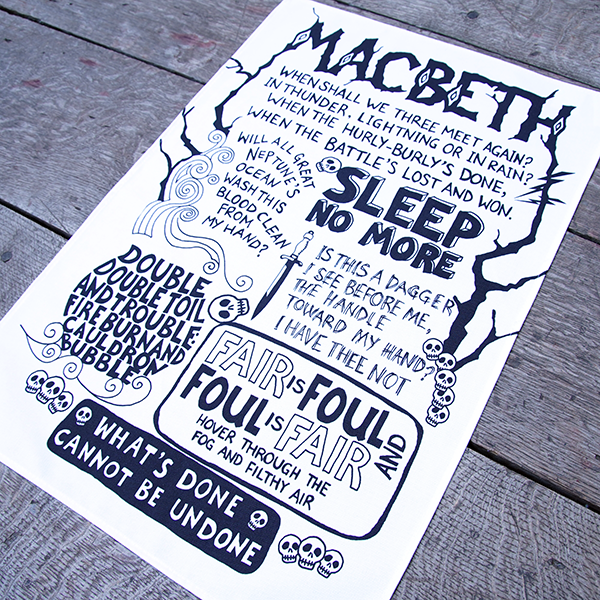Macbeth - Revision notes for GCSE English Literature
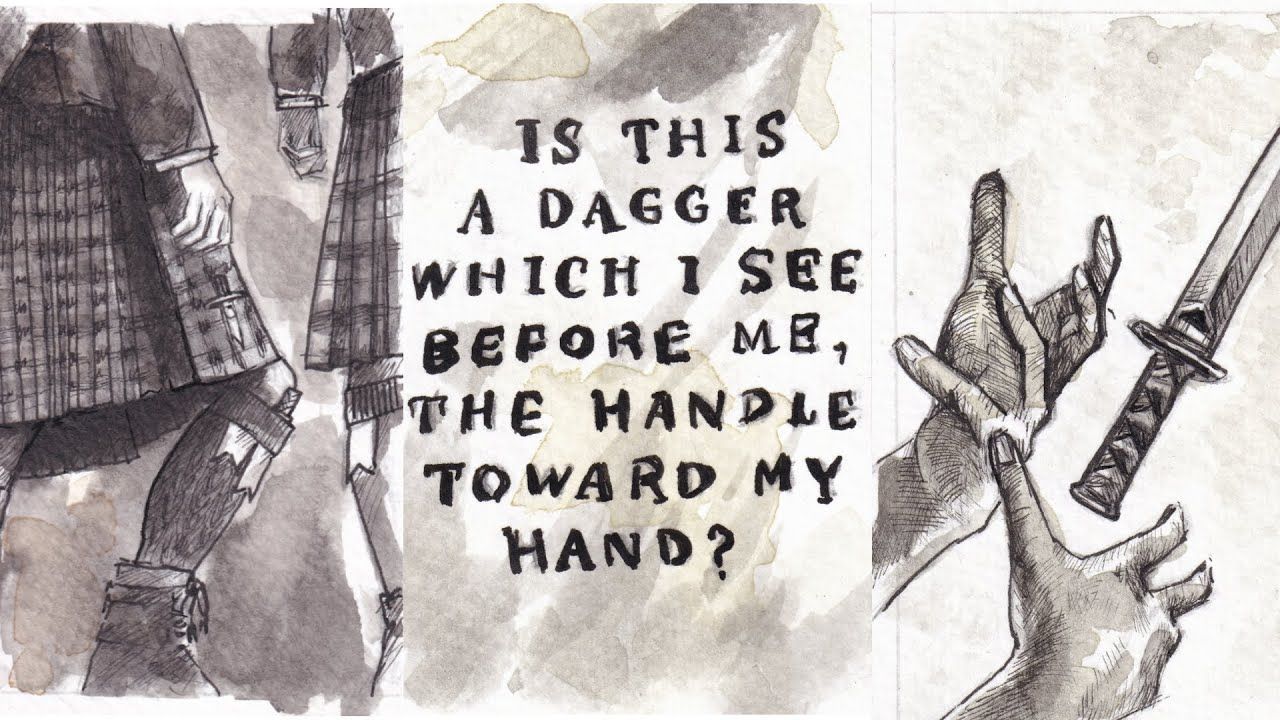
Read the play, know the plot, get the T-shirt!
I have focused specifically on the AQA exam, but this is still useful for students working with other exam boards. By now, you should know the play from endless English lessons, a viewing of a film (the 1971 version is excellent) and perhaps you have seen a live stage version…..or maybe you have had some of the seemingly endless Csorba exam questions!
The play: Three witches tell the Scottish general Macbeth that he will be King of Scotland. Encouraged by his wife, Macbeth kills the king, becomes the new king, and kills more people out of paranoia. Civil war erupts to overthrow Macbeth, resulting in yet more death. Finally realising that he has been duped by the Witches he too is killed.
Watch: Make sure you are confident with what happens in each Act of the play. You should be able to summarise all of the key parts of the narrative and put them into your own words. Personally I like to watch the ‘Animated Tales’ cartoon versions which you can easily watch over and over. For a film version I highly recommend Polanski's 1971 film adaptation. The world he creates is faithful to the play….and Martin Shaw is in it!
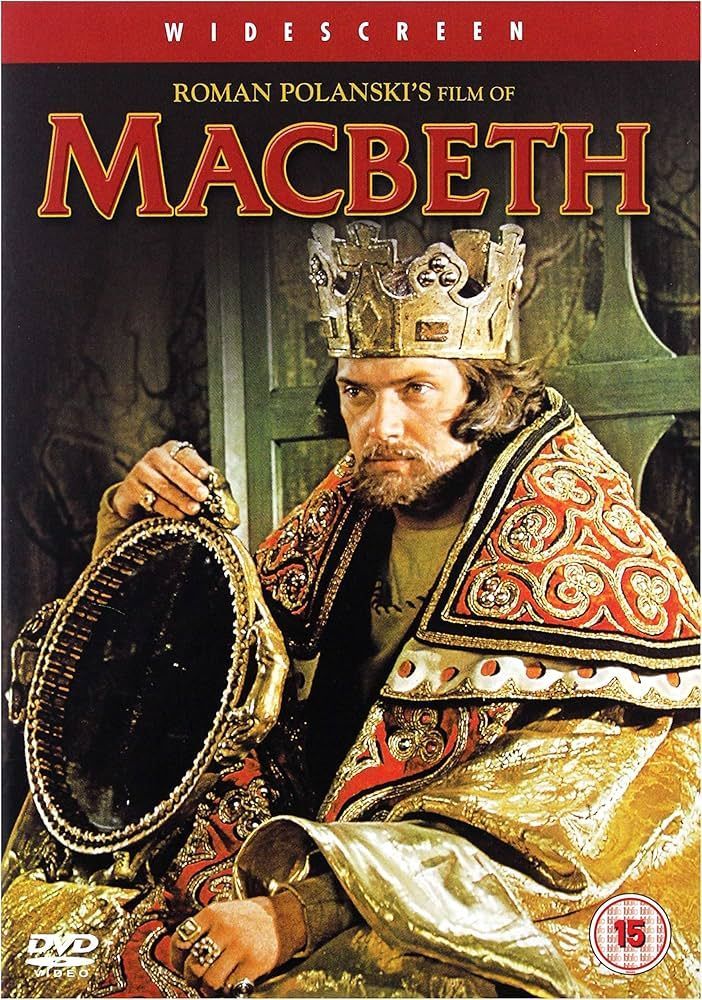
Themes: I know, you’re fed up of the teacher going on and on and on about the themes but they are quite straight forward. Ambition and Power; Macbeth is a play about ambition and its consequences. It can also be seen as a warning against those who seek to undermine or overthrow the rule of a rightful king.
The Supernatural: The vast majority of people in Jacobean England were Christian and believed in the literal word of the Bible. Occult occurrences or characters involved in witchcraft or sorcery would have been seen as the work of the devil, and evil. Consider how people thought back in the 1600s, glass Witch's balls were hung next to windows to protect houses from evil spirits.
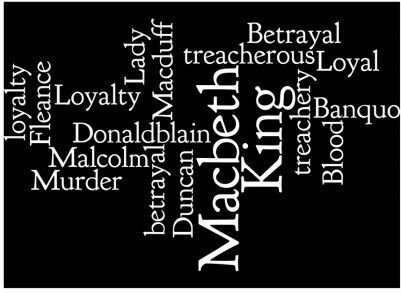
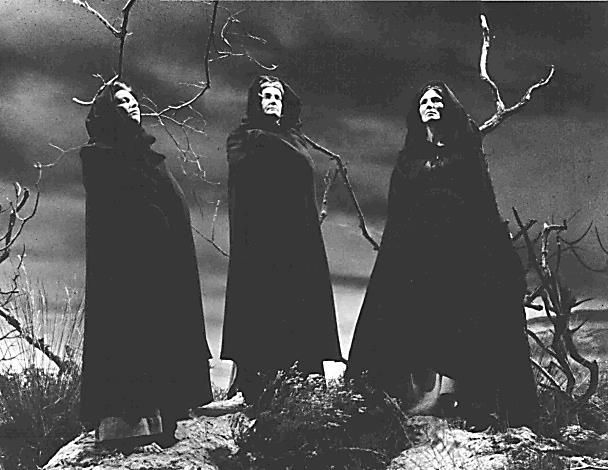
Appearance versus Reality: Shakespeare plays with the concept of perception throughout Macbeth; are we seeing what’s really there? And are characters who they seem to be?
Corruption of Nature: Jacobean audiences believed in a set structure in the world: the world according to G-d’s plan. Any disruption to the world was, therefore, disruption to G_d’s ordained order.
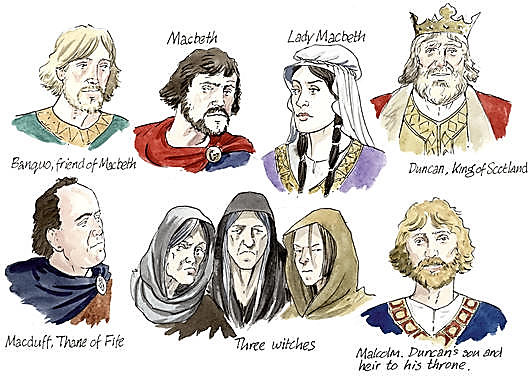
Focus on the characters: Your exam question could be focused on how Shakespeare presents aspects of one of the characters, so you need to be clear on the key traits of the main characters and the important quotes which back these up. Obviously Macbeth and Lady Macbeth are the most crucial characters, but you should know your stuff on others as well: Banquo, Macduff and of course those pesky Witches!
Quotes: Try to remember a few quotes, it’s surprising just how many of us subconsciously retain many of them without realising; “Fair is foul, and foul is fair.” Comes to mind and who can forget that lovely line, "False face must hide what the false heart doth know." The line is spoken by Macbeth to Lady Macbeth. He is telling her to go and act the perfect hostess to their esteemed guest, King Duncan. Macbeth wants her face to be bright and cheery in order to hide the evil thoughts that her mind and heart have conceived about Duncan's eventual murder. Write them on the fridge door or leave them written on your bedroom wall, wardrobe, door or even the ceiling!
Most of all, don’t overthink things and enjoy what you do!
Cristóir Csorba 6th February 2025
